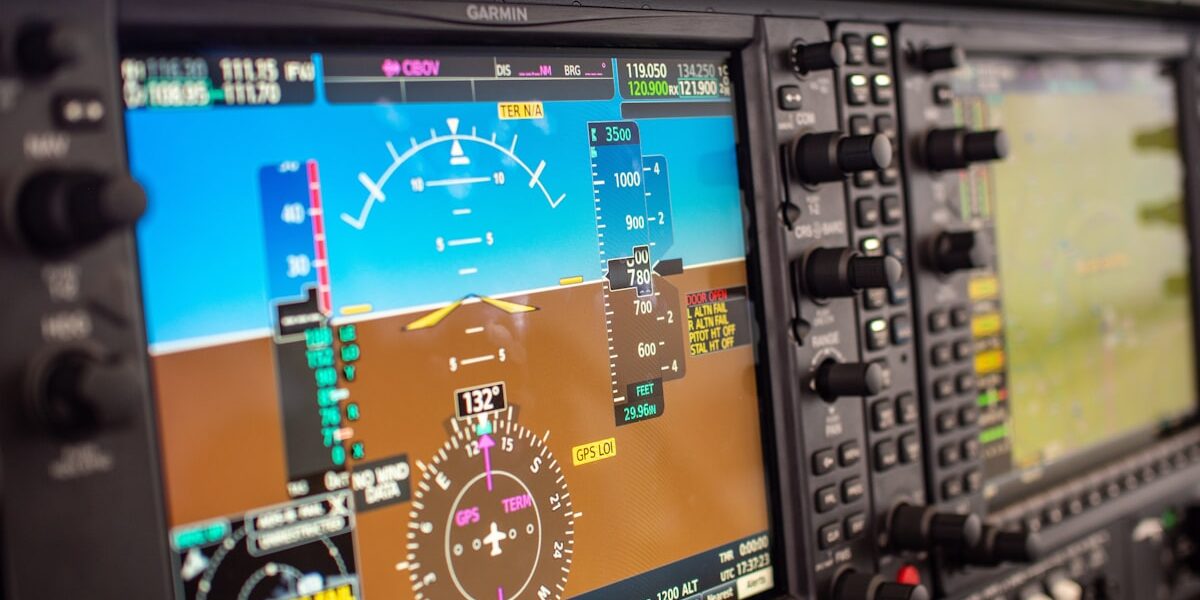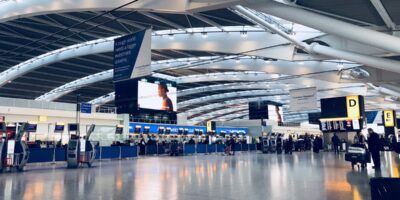Last summer I was trying to plan a two-week trip through Portugal and I caught myself using four different AI-powered tools without even thinking about it. A flight price predictor, a chatbot to sort out hotel options, a recommendation engine for restaurants, and a translation app that saved me from ordering something truly regrettable in Lisbon. Somewhere around day three I realized I’d basically outsourced half my trip planning to algorithms, and I wasn’t sure how I felt about that.
AI in travel has gotten complicated with all the options flying around. So let me try to sort through what’s actually useful versus what’s just noise.
Trip Planning and Booking
This is where most travelers first encounter AI, even if they don’t realize it. Those flight comparison sites that tell you to “wait three days before booking” or “prices usually drop on Tuesdays for this route”? That’s predictive analytics running on historical pricing data. And honestly, it’s hit or miss. I’ve followed the “wait” advice and watched prices go up. I’ve also ignored it and overpaid. The models are getting better, but they’re working with incomplete information because airline pricing is deliberately opaque.
Chatbots are everywhere now. Every airline, every hotel chain, every booking platform has one. The good ones handle straightforward requests quickly — checking flight status, making simple changes, answering FAQ-type questions. The bad ones are infuriating loops of “I didn’t understand that, can you rephrase?” I had one chatbot try to book me a flight to Portland, Maine when I wanted Portland, Oregon. Three times. So, progress is uneven, let’s say.
Probably should have led with this: the real value of AI in trip planning isn’t any single tool. It’s the cumulative effect of having data-driven suggestions available at every step. Even when individual recommendations miss the mark, the overall efficiency of planning a trip today versus ten years ago is dramatically better.
Personalized Recommendations
AI shines when it has enough data about your preferences to make genuinely useful suggestions. Travel apps that learn you prefer boutique hotels over chains, or that you always look for cities with good public transit, or that you tend to book adventure activities — those patterns are valuable. When the personalization works, it feels like having a well-traveled friend making suggestions. When it doesn’t work, it feels like getting spam.
I’ve noticed the recommendations get noticeably better after about three or four trips on the same platform. The algorithm needs data to learn from, which makes sense. First-time users get generic suggestions. Repeat users get stuff that actually fits. That’s what makes this technology endearing — it rewards loyalty with genuinely better service, not just points and status tiers.
Airport and Airline Operations
Behind the scenes, AI is doing heavy lifting that passengers rarely see. Baggage handling systems use RFID tracking and AI to route luggage through sorting facilities and onto the right aircraft. Facial recognition at security and boarding gates is speeding up the airport experience in places where it’s been deployed, though privacy concerns are legitimate and I share some of them.
Airlines use AI for dynamic pricing — adjusting ticket costs based on demand, competition, time to departure, and about fifty other variables. I know dynamic pricing frustrates people, and I get it. But it also means you can sometimes find surprisingly cheap fares if the algorithm thinks a flight won’t fill. The trick is that the AI is optimizing for the airline’s revenue, not your savings. Good to keep that in mind.
Route optimization is another big one. AI helps airlines plan which aircraft serve which routes, manage crew schedules, and adjust operations in real time when weather or mechanical issues disrupt the plan. The difference between a well-managed disruption and a cascading meltdown often comes down to how quickly the airline’s systems can recompute and redistribute resources. AI does that faster than any human team could.
On the Ground and In the Room
Hotels are getting into the AI game too. Smart room controls that learn your preferences for lighting, temperature, and entertainment. Some properties use robots for room service delivery or concierge-type information. I stayed at a place in Tokyo that had a robot at the front desk and honestly it was charming for about two minutes and then mildly frustrating when I needed something nonstandard. But the concept is sound, even if the execution is still catching up.
Travel apps with AI-powered recommendation engines are genuinely useful once you’re at your destination. Real-time suggestions based on your location, time of day, weather, and past preferences. “You’re near this museum and it’s raining and you liked that other museum in Barcelona” — that kind of contextual awareness is something no paper guidebook could offer. Language translation apps have gotten good enough to handle basic conversations, which was a game-changer for me in countries where I don’t speak the language at all.
The Stuff Worth Worrying About
Privacy is the big one. AI in travel works by collecting and analyzing personal data — your location, your spending habits, your preferences, your travel patterns. That data is valuable, and not every company handles it responsibly. I’ve started paying more attention to which apps I grant location access to and which loyalty programs I share data with. It’s a tradeoff between convenience and exposure, and everyone’s comfort level is different.
Employment impacts are real too. Automated check-in kiosks, chatbots replacing call center staff, self-service everything — these trends mean fewer entry-level jobs in travel and hospitality. The industry tends to frame it as “freeing up staff for higher-value interactions,” which is partly true and partly euphemistic. It’s a transition that needs to be managed thoughtfully.
Where This All Lands
AI is already embedded in how we plan, book, and experience travel. It’s going to get more embedded, not less. The technology will keep improving — better predictions, better personalization, better real-time support. But the human elements of travel — the unexpected conversation, the wrong turn that leads somewhere wonderful, the meal you’d never have chosen from an algorithm’s suggestion — those aren’t going anywhere either.
I think the best approach is to use AI tools as a starting point, not an endpoint. Let the algorithms handle the logistics and optimization. Keep the discovery and spontaneity for yourself. That’s worked for me, anyway, and it means I still occasionally end up in delightfully weird situations that no recommendation engine would have predicted.




Leave a Reply